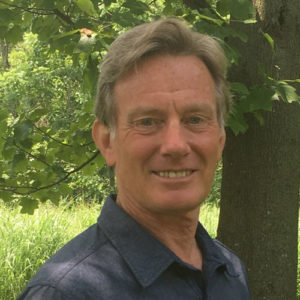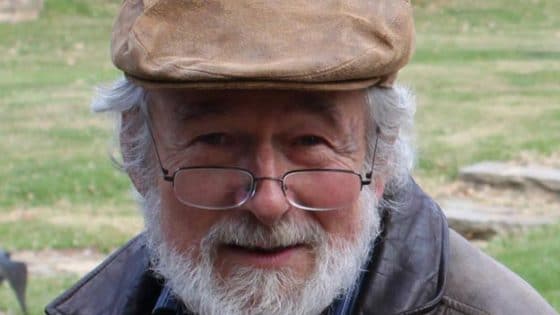 Research Scientist Emeritus
Research Scientist Emeritus
- Affiliate Faculty, Delaware Environmental Institute, University of Delaware
Contact
lakaplan@stroudcenter.org
970 Spencer Road, Avondale, PA 19311
Interests and Expertise
Dissolved organic matter biogeochemistry, aquatic microbial ecology, and nutrient cycling.
Education
- Ph.D., Biology (Limnology), University of Pennsylvania, Philadelphia, Pennsylvania.
- M.S., Ecology, University of California, Davis, California.
- B.A., Environmental Sciences, Franklin and Marshall College, Lancaster, Pennsylvania.
Professional Experience
- Research Scientist Emeritus, Stroud Water Research Center, 2018–present.
- Director, Ecosystem Science Cluster, Division of Environmental Science, National Science Foundation, 2015–2018.
- Senior Research Scientist, Stroud Water Research Center, 1999–2017.
- Curator, Division of Environmental Research, Stroud Water Research Center, Academy of Natural Sciences of Philadelphia, 1996–1999.
- Assistant Curator, Division of Environmental Research, Stroud Water Research Center, Academy of Natural Sciences of Philadelphia, 1988–1992.
- Research Associate, Division of Environmental Research, Stroud Water Research Center, Academy of Natural Sciences of Philadelphia, 1980–1988.
- Post Graduate Research Scientist III, University of California, Davis, California, 1974–1975.
Publications
Mei, Y., G.M. Hornberger, L.A. Kaplan, J.D. Newbold, and A.K. Aufdenkampe. 2014. Water Resources Research 50(7):5774–5796.
Sawyer, A.H., L.A. Kaplan, O. Lazareva, and H.A. Michael. 2014. Water Resources Journal 50(6):4877–4892.
No evidence of aquatic priming effects in hyporheic zone microcosms
Bengtsson, M.M., K. Wagner, N.R. Burns, E.R. Herberg, W. Wanek, L.A. Kaplan, and T.J. Battin. 2014. Scientific Reports 4, Article number: 5187.
A variable source area for groundwater evapotranspiration: impacts on modeling stream flow
Tsang, Y.P., G. Hornberger, L.A. Kaplan, J.D. Newbold, and A.K. Aufdenkampe. 2014. Hydrological Processes 28(4):2439–2450.
Mosher, J.J., E.L. Bernberg, O. Shevchenko, J. Kan, and L.A. Kaplan. 2013. Journal of Microbiological Methods 95:175–181.
See all publications by Stroud Center authors
Related News
This grant supports the acquisition of a high-sensitivity stable isotope ratio mass spectrometer (IRMS) at Stroud Water Research Center, which will provide enhanced capabilities and greater sensitivity analyses than currently
As microbes process dissolved organic matter from leaves that fall into streams, they release CO2 into the atmosphere. Scientists are studying stream networks from two different climatic regions to identify
In collaboration with the University of Delaware, Stroud Center scientists established one of 10 Critical Zone Observatories in the U.S. and began to establish the sampling, sensor, and data infrastructures
Sharing Our Science: Summer 2014
Stroud Center Scientists Attend International Conferences; Leaf Pack Network Science Hits the Road; 24 Hours, 55 Volunteers, 807 Species; Walking the Walk at Spring Creek Farms Field Day; Cultivating the Next Generation of Scientists.
Stroud Water Research Center has expanded on 20 years of research on tropical streams near the Maritza Biological Station in northwest Costa Rica, which provides the framework of this study,
UpStream Newsletter, July 2013
Where the Wells Run Dry: To predict the potential impact of climate variability, climate change, land use, and human activity on water resources in the Central Great Plains, Melinda Daniels, Ph.D., is leading a three-year research project recently funded by the National Science Foundation.



